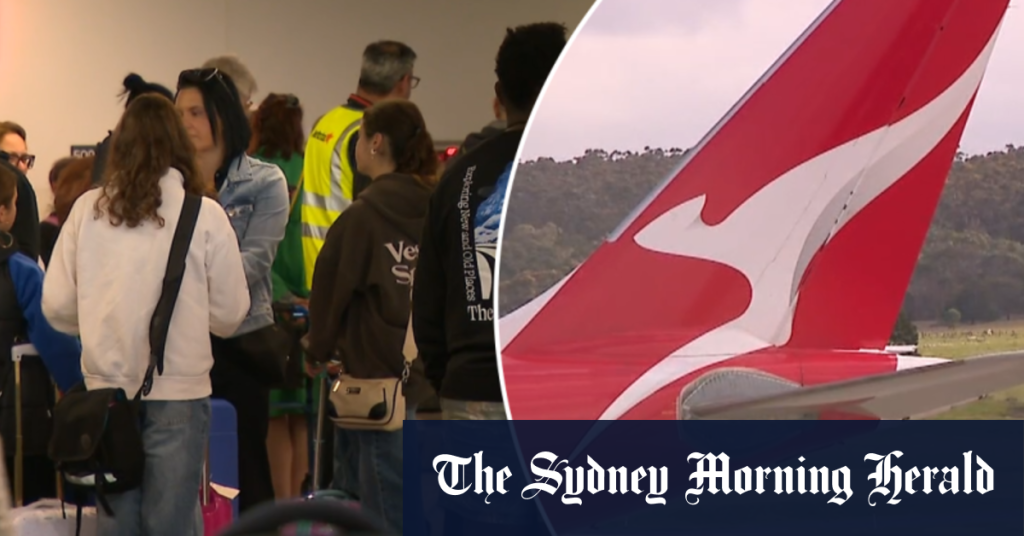Qantas engineers have gone on strike to demand better pay and working conditions, but the airline says that flights will not be impacted. The engineers are seeking a pay raise and are also concerned about job security and conditions for employees working on their aircraft maintenance. Despite the strike, Qantas has assured passengers that their flights will not be affected and that they have contingency plans in place to ensure that operations run smoothly.
The strike by Qantas engineers represents a growing trend of labor action in the airline industry, as workers push back against stagnant wages and worsening conditions. The engineers’ demands for better pay and job security are reflective of broader concerns among workers in the industry, who are facing increasing pressure from corporate management to cut costs and increase productivity. The strike highlights the ongoing struggle for workers to secure fair wages and working conditions in an industry that is notoriously volatile and competitive.
Qantas has faced criticism in the past for its treatment of workers, with unions accusing the airline of undermining workers’ rights and bargaining power. The strike by engineers is seen as a response to these concerns and a call for improved conditions and pay. The engineers are fighting for better wages and benefits in order to maintain their standard of living and ensure job security in an industry that is increasingly reliant on contract workers and outsourcing.
Despite the strike, Qantas has reassured passengers that their flights will not be affected and that they have contingency plans in place to minimize disruptions. The airline’s commitment to maintaining operations during the strike reflects its ongoing efforts to mitigate the impact of labor disputes on its business and reputation. Qantas has a history of managing labor disputes effectively and has developed strategies to ensure that disruptions are minimized and that passenger services are not significantly impacted.
The strike by Qantas engineers underscores the challenges faced by workers in the airline industry, who are often subject to long hours, demanding conditions, and job insecurity. The engineers’ decision to strike reflects their frustration with current working conditions and their determination to secure better pay and benefits. The strike is a sign of the growing dissatisfaction among workers in the industry, who are increasingly feeling the pressures of cost cutting and outsourcing.
In conclusion, the strike by Qantas engineers is a reflection of the broader challenges faced by workers in the airline industry, who are pushing back against worsening conditions and stagnant wages. The engineers are fighting for better pay and job security in order to maintain their standard of living and ensure a stable future in an industry that is increasingly competitive and volatile. Qantas has assured passengers that their flights will not be impacted by the strike and has contingency plans in place to ensure that operations continue smoothly. The strike highlights the ongoing struggle for workers to secure fair wages and working conditions in an industry that is facing increasing pressure to cut costs and increase productivity.


